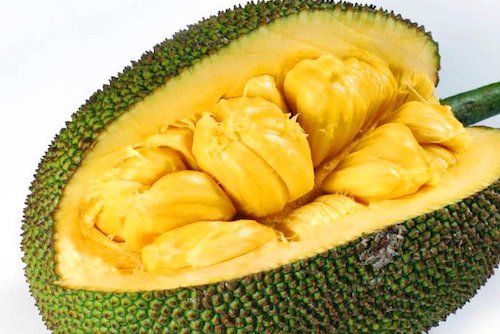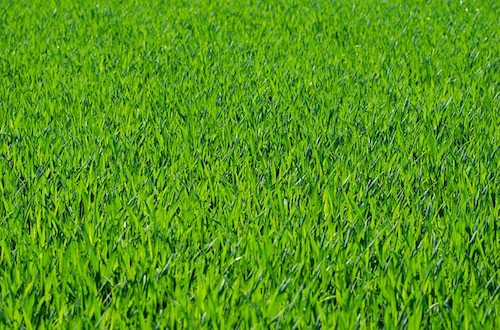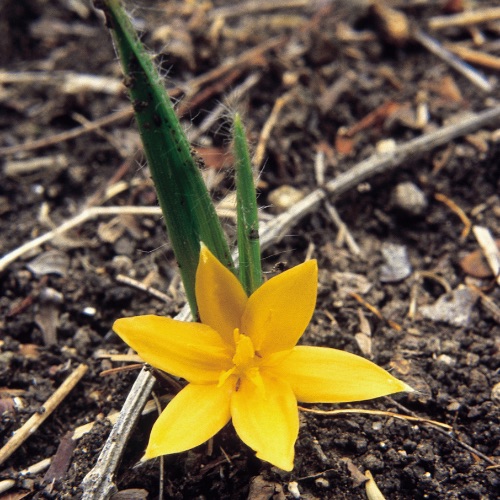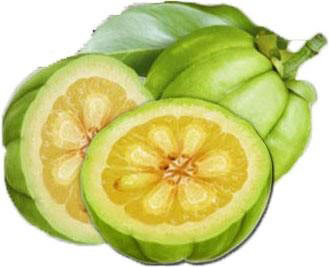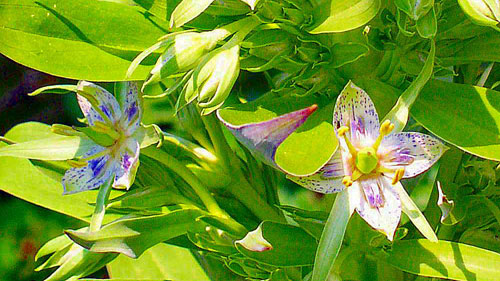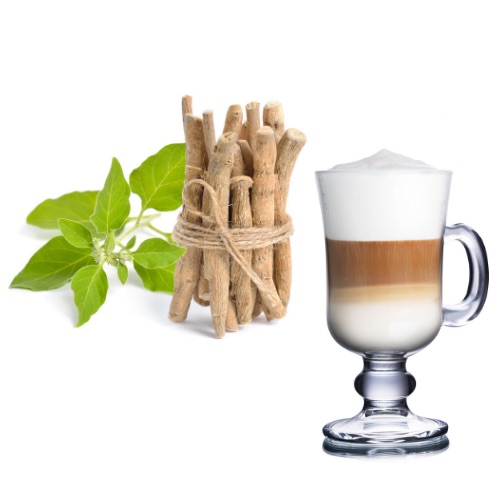Ayurveda recommends Kapikacchu /Mucuna pruriens or velvet bean to improve the sexual health of men. It is used in the treatment of male infertility, erectile dysfunction, and premature ejaculation.
Related article Ayurvedic Vajikarana Herbs for Energy, Stamina and Strength
Table of content
Helps in Erectile Dysfunction and Sperm Health
Improves Body Strength and Healthy Bodyweight.
Helps to Eliminate Intestinal Parasites
Ayurvedic medicinal Properties
Ayurvedic Home Remedies with mucuna
Helps in Erectile Dysfunction and Sperm Health
Ayurveda acharyas eulogize this herb as “vrushya” (aphrodisiac). This is a vajikarana herb that is regularly used in Ayurveda vajikarana therapy. It is the best ayurvedic medicine for erectile dysfunction. It helps to naturally increase sperm count and sperm motility. Hence ayurvedic doctors recommend seeds of this herb in ayurvedic treatment for oligospermia and male infertility.
For sexual disorders in men, this is used along with vidarikand, ashwagandha, gokshura (tribulus), shilajit, Safed musli, shatavari etc.
Improves Testosterone Levels
A study has shown that consumption of this herb helps to increase Serum levels of male hormones like testosterone (T), luteinizing hormone (LH), and follicle-stimulating hormone (FSH) (https://www.ncbi.nlm.nih.gov/pmc/articles/PMC3551850/) . These hormones improve the quality of an erection and also boost sperm count and motility.
Texts of Ayurveda recommend using seeds of this plant, which act as vrishya (aphrodisiac). The seeds of this plant are eulogized as the best vrishya and vajikara, which increase sexual functions in men. They help in conditions like klaibya or erectile dysfunction, premature ejaculation, and low sperm count. This increases the quality and quantity of semen. Regular use of these seeds increases libido in men. Hence seeds of kapikacchu are used in vajikarana preparations. Many Ayurvedic Vajikarana Rasayana contains this herb. This herb is the main ingredient along with safed musli or shweta musli in Musalyadi churna. This preparation is recommended for sexual dysfunction.
The bio-molecules present in the roots and seeds of this plant help to strengthen the nervous system and reduce stress. Hence it acts as a tonic to the nervous system. It relieves stress, anxiety and elevates mood. This herb increases blood circulation to the reproductive system and improves its nourishment. All these factors help to improve the health of the male reproductive system.
Improves Body Strength and Healthy Bodyweight.
Ayurveda acharyas have grouped this plant under Balya (body strengthening herbs), Madhura skanda (herbs with sweet taste), and Vatasamshamana (Herbs that normalize Vata dosha). Ayurveda acharyas recommend the use of this herb to strengthen the body, and increase stamina and muscle (mamsa Dhatu) bulk. Hence this herb is recommended in Ayurveda weight gain treatment or brumhana therapy. The testosterone-stimulating effect of this herb helps to build and strengthen muscle mass.
Helps to Eliminate Intestinal Parasites
The hairs on fruits help to eliminate intestinal parasites. It is usually administered with honey, butter, and jaggery.
The tribal people use plants and their extracts as anti-venom for various snake bites.
Good For Menstrual Problems
Seeds of velvet bean or mucuna are also effective in dysmenorrhea (gynecological condition of pain during menstruation) in women. Texts of Ayurveda mention the usage of seeds to strengthen the muscles of the vagina and support regular ovulation.
About the plant
Kapikacchu is a legume, found in Africa, India, and the Caribbean. This plant is also known as cowhage, cowitch, Velvet Bean, Itchy bean, Buffalo bean, etc. Velvet bean’s botanical name is Mucuna pruriens and belongs to Family Fabaceae.
It is an annual, climbing shrub that grows over 13 – 15 m in height. The young plant is completely covered by hair whereas older plants are free of it. The leaves are tripinnate. Flowers are white, lavender, or purple. The fruits are leguminous. The husk is very hairy and carries up to seven seeds. Its seed pods are about 10 cm long and are covered in loose, orange hairs that cause a severe itch if they come in contact with skin. The chemical compounds responsible for the itch are protein, mucunain, and serotonin
In India, it is known by different names in different languages. Like,
- Kevancha, kavach or kevach in Hindi.
- Nasugunni Kai in Kannada
- Naikurana in Malayalam
- Poonai Kaali Vithu, poonaiKali Vithu, poonaiKali Vidai in Tamil
Synonyms in Ayurveda
This herb is referred to by many names based on its structure and medicinal properties.
It is Kapikacchu – as its soft brown bristles on fruits cause severe itching when comes in contact with skin. Guptapala, Svagupta, Atmagupta – These three names are because fruit and seeds are protected with a coat of soft hair. They hide behind these itchy hairs. Markati – Hairs on fruits resemble the hair of monkeys. Kandura – Kandu means itching. The one which causes itching. Shukashimbi – the fruit resembles a bird’s beak.
Ayurveda Medicinal Properties
Texts of Ayurveda explain the pharmacological and medicinal properties of this plant as follows.
This herb is very heavy to digest ( Guru ) and increases the softness and moistness of tissues (snigdha). It has a sweet taste (madhura rasa) and also a bitter taste (tikta rasa). It tastes sweet even after digestion. It increases body heat (ushna) and balances all three doshas (Vata dosha, pitta dosha, and Kapha dosha), especially Vata dosha. Hence it is administered in diseases caused due to vitiation of Vata. It strongly influences the reproductive system of men and strengthens it, through its aphrodisiac properties (vrushya).
Research conducted on the medicinal properties of this herb at Banaras Hindu University, says “The plant Mucuna pruriens (Fabaceae) is an established herbal drug, widely known as “velvet bean,” a vigorous annual climbing legume originally from Southern China and Eastern India, where it was at one time widely cultivated as a green vegetable crop. It has been shown that its seeds are potential of substantial medicinal importance. The ancient Indian medical system, Ayurveda, traditionally used M. pruriens, even to treat such things as Parkinson’s disease. M. pruriens has been shown to have antiparkinson and neuroprotective effects, which may be related to its antioxidant activity and used for the management of male infertility, nervous disorders, and also as an aphrodisiac.” https://www.researchgate.net/publication/317304163_Phytochemistry_and_pharmacological_activity_of_Mucuna_pruriens_A_review
Seeds contain protein, lipids, dietary fiber, ash, carbohydrates, minerals and it contains plenty of alkaloids, saponins, and sterols. The main ingredients are L-dopa , mucanine, and serotonin. L-Dopa acts as anti-Parkinson’s and increases testosterone.
Parts used:
Seed, root, pod hair are used for medicinal purposes.
Ayurvedic Home Remedies with Mucuna
This herb is recommended in many home remedies
For recovery after sexual activity
1 teaspoon of the powder of this herb has to be stirred in a glass of warm milk. This milk has to be taken twice daily before meals. It helps to increase sexual energy, stamina, and fatigue. It also helps in erectile dysfunction and premature ejaculation.
For body and muscle pain
Take powders of Mucuna, Shatavari, and Tribulus or Gokshura in equal quantities. Mix these together and store them in an airtight container. During body aches, take a teaspoon of this mixture of herbs and boil it with 2 cups of water. Boil till the quantity reduces to half. Filter this to remove herbs and drink the decoction. This can be taken in a quantity of 50 ml once daily. It is very useful in backache too.
For Loss of memory and coordination in elders.
Take a teaspoon of roughly powdered herb. Boil this in a cup of cow’s milk for 3 minutes. Add a teaspoon of ghee and little sugar candy (misri). 5 grams of coarse powder of this herb is cooked with cow’s milk. This can be consumed twice daily after food. It also helps with back pain and sciatica which is common among senior citizens.
A sweet recipe for weight gain.
Take 30 grams of finely powdered kapikacchu. Boil this with 100 ml of milk till it turns thick like cake batter. Add 15 ml of ghee at this stage and fry till it turns golden brown and forms a lump. Spread this on a plate smeared with pure ghee. When it is cooled cut this into pieces and store it in an airtight container. Consume this daily for a healthy weight gain. You can also add aromatic spices like cardamom, clove, or saffron .
A remedy to boost memory and concentration.
Prepare a kashaya or decoction using seeds of velvet bean. Drink this daily (20 ml twice daily). This calms the mind and acts as ayurvedic medicine for memory and concentration (booster) and
Author – Dr.Savitha Suri. Consultant ayurvedic physician.
Free Ayurvedic Consultation
Call us at +91 9945995660 / +91 9448433911
WhatsApp + 91 6360108663/


